REVIEW
Published on 09 Feb 2023
Interactions between β-arrestin proteins and the cytoskeletal system, and their relevance to neurodegenerative disorders
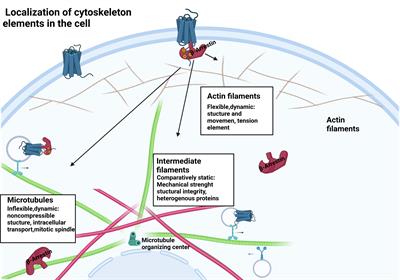
doi 10.3389/fendo.2023.957981
- 2,587 views
- 3 citations
12k
Total downloads
38k
Total views and downloads
Select the journal/section where you want your idea to be submitted:
REVIEW
Published on 09 Feb 2023

ORIGINAL RESEARCH
Published on 29 Jun 2022
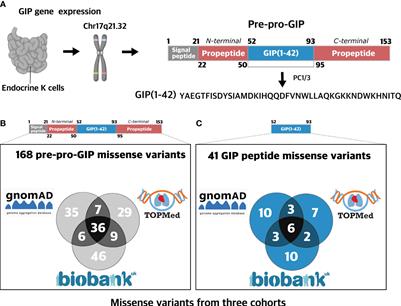
REVIEW
Published on 28 Jun 2022
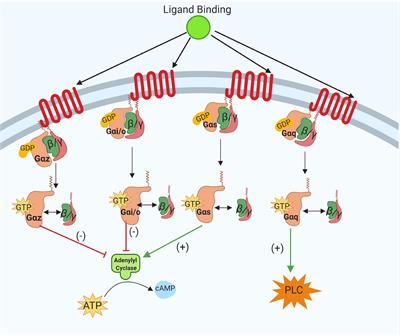
REVIEW
Published on 30 May 2022
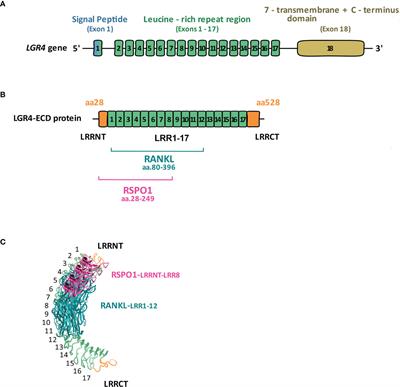
REVIEW
Published on 11 May 2022

PERSPECTIVE
Published on 02 May 2022
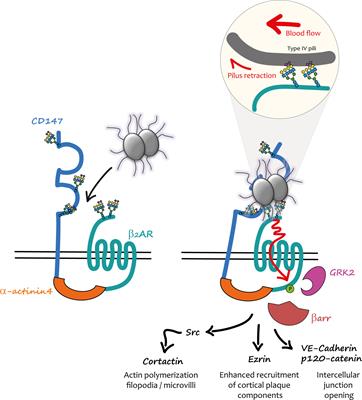
MINI REVIEW
Published on 08 Mar 2022
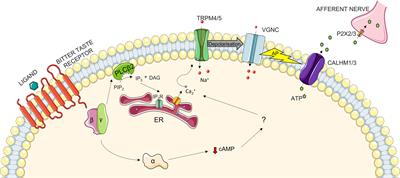
ORIGINAL RESEARCH
Published on 04 Mar 2022
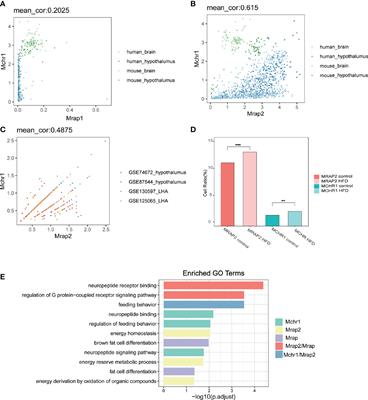

Frontiers in Chemistry
Frontiers in Pharmacology
